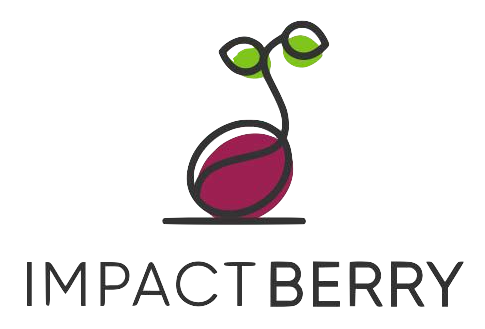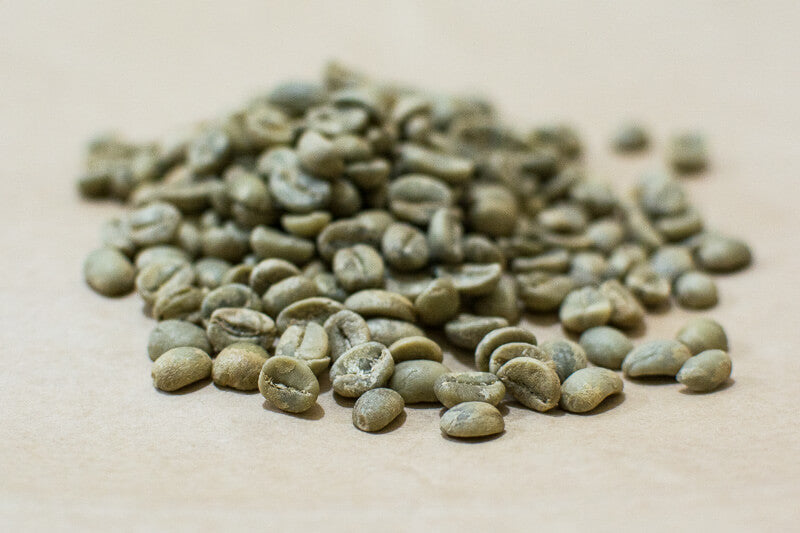
Written by Tigger Chaturabul from curioustyphoon.com
The coffee in your cup comes in many forms and flavors, but all coffee beans originate from one of two types of coffee plants: Arabica (Coffea Arabica) and Robusta (Coffea Canephora) whereas Robusta is the mother plant to the two. Impact Berry happily offer both types of organic coffee beans in Hong Kong because both Arabica and Robusta coffee have their own unique characters and cup profiles. Here are some of the main differences between the two:
Coffee Cultivation
Arabica coffee is grown at high altitudes, usually on the slopes of mountains, and flourish at elevations beyond 900 meters above sea level. The plants fare better in cooler temperatures, from around 15 to 24°C, which means that cherries ripen slowly and develop around twice as much sugar content than Robusta coffee. Because Arabica plants are more vulnerable, producers need to care for their crops more attentively, which often results in high quality coffee beans that yield higher earnings for the farmers.
Robusta coffee on the other hand can thrive at lower altitudes and higher temperatures of up to 36°C. A typical Robusta plant yields more cherries than Arabica plants, which also ripen at a faster rate, making Robusta production traditionally more suited for high volume commercial coffee supply. However in the recent years, the community of robusta lovers constantly grows, who appreciate the unique characters of robusta coffee when processed with diligence and care.
Coffee Flavor
Coffee brewed from Arabica beans are often sweeter and more complex, and feature more flavors due to the way the coffee trees are cultivated. It’s more acidic than Robusta coffee and you can usually taste fruity or floral notes in an arabica cup. Impact Berry’s Sweet Viet coffee beans for instance have notes of caramel popcorn, red fruit, and honey, which is perfect for a light and soft coffee that can be enjoyed any time of the day.
Robusta coffee contains more caffeine, which results in more savory flavors in the cup, and that also is highly advantageous in the growth process. The high caffeine content is a natural pest repellant, making Robusta coffee plants resistant to insects and diseases like leaf rust. (They truly are quite robust plants.) Our Wake-Up Call coffee is perfect for morning pick-me-ups, with notes of vanilla, white chocolate, and hazelnut. Robusta coffee also offers a fuller body for a silky mouthfeel as you sip your cup.
Coffee Trade
Arabica is the dominant cultivar, making up around 60% of the global coffee supply. Most of that is produced in Brazil and is commonly found in specialty coffee shops in house blends or single origin bean offerings.
Vietnam is the leading producer of Robusta coffee, accounting for up to 70% of the world’s Robusta supply, and a lot of the coffee they produce is also consumed locally with a unique brewing method that’s well-suited for the heavy body and bitterness of Robusta coffee. It’s a great espresso blend component and can also be found in a lot of pre-packaged coffee products.
What both these coffees have in common is how they’re sourced by Impact Berry. Every coffee that we offer is fair trade plus coffee, which means we purchase the beans from the farmers at an-above-fairtrade price. This is key for encouraging farming as a sustainable business and by paying producers fairly for their efforts, we can contribute more impact to the future of farming families. By bringing fairtrade coffee beans to Hong Kong and roasting them with a skillful Hong Kong roaster, we empower coffee communities everywhere to really make a difference.

